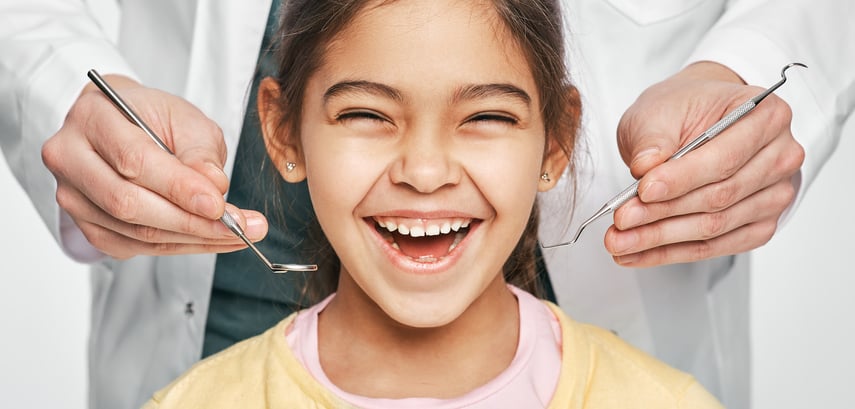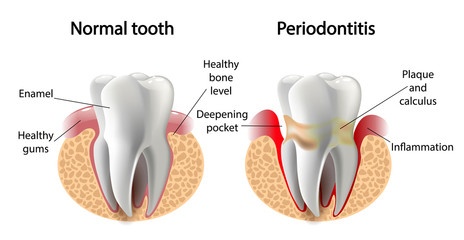If you are a parent, you probably want the best for your child’s health and well-being. You take them to regular check-ups with their pediatrician, eye doctor, and dentist. But what about early screening for orthodontic issues?
Early Orthodontic Check
You may think that orthodontic treatment is only for teenagers or adults who want to straighten their teeth. However, the American Association of Orthodontists (AAO) recommends that your child’s first check-up be performed when an orthodontic problem is first recognized, but no later than age 7.
Why age 7?
.png?width=305&height=132&name=NIHAlogoBLUE_3_transparent%20(2).png)









